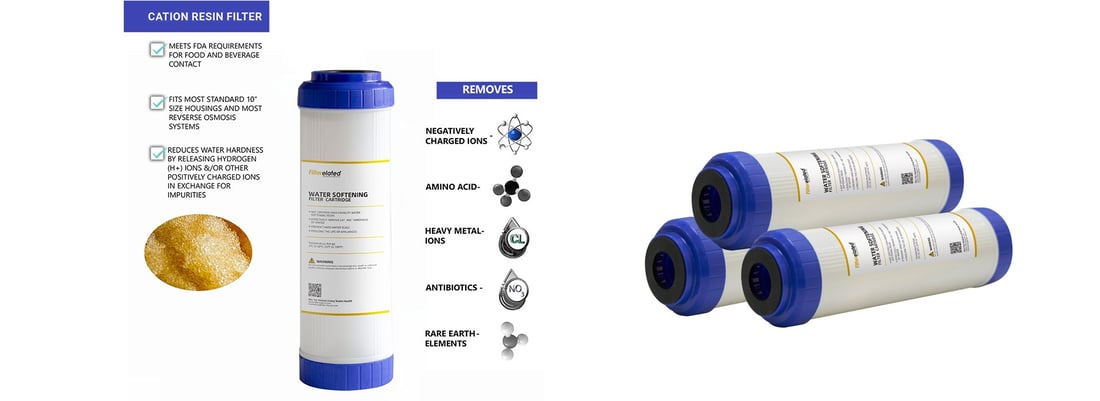Water is an essential element that we cannot live without. However, the type of water that we consume can affect our health, skin and hair. In order to improve the quality of tap water, one can install a water softening filter. This not only makes our water taste better but also helps to remove harmful ions, such as Calcium and Magnesium. Over time, these filters will wear out and eventually need to be replaced. In this blog, we will discuss the importance of water softening filter replacement.
How Does A Water Softening Filter Work?
Water softening filters are responsible for removing minerals that cause hard water. Hard water occurs when water contains high levels of minerals such as calcium and magnesium. The filter functions by exchanging these minerals with sodium ions. This ion exchange process creates soft water that is more beneficial for use for daily household chores.
When Should You Replace Your Water Softening Filter?
Water softening filters come with a limited lifespan. They can become clogged with minerals and other contaminants that can reduce their overall effectiveness. When your filter becomes clogged, it will fail to remove unwanted minerals from your water effectively. This can cause your water to become hard again and render the filter ineffective.
A high-quality water softening filter can last for many years. However, it is essential to keep track of when the filter was last replaced, so as not to compromise the quality of your water. Generally, water softening filters should be replaced every 6 to 12 months. However, with frequent use, the filter might require more regular replacement.
What Are The Benefits Of Replacing Your Household Water Softening Filter?
1) Reduced Mineral Buildup: A water softening filter is designed to trap and remove minerals from your water. Regularly replacing your filter will ensure that minerals are efficiently removed as they flow through the filter media. This will reduce mineral buildup within your drains, appliances and plumbing.
2) Improved Water Pressure: Old filters that are clogged can restrict water flow and reduce overall water pressure.
By replacing your filter, you can ensure that water flows freely and efficiently.
3) Avoid Water Contamination: Aging water softening filters can harbor bacteria and other harmful contaminants that cause water contamination. A replacement filter ensures that the quality of your water is not compromised.
4) Protect Your Fixtures and Appliances: When you have hard water, minerals can buildup in your appliances and plumbing fixtures, leading to costly damage and repairs/replacement. Replacing your filter regularly can help prevent this.
5) Cost Savings: Installing a new water softening filter when required can save you money by reducing plumbing repairs and appliance replacement costs associated with hard water.
Conclusion
Water softener filters are a vital component of a home's water treatment system. Regular replacement of your filter ensures the continued effectiveness of your water softener, helping you maintain a consistent high-quality water supply that is free of any hazardous minerals. By replacing your filter, you can protect your appliances, enjoy better-tasting water and reduce plumbing issues all while saving money. Make sure you monitor your filter closely and replace it as necessary, for happier, healthier, and cleaner water.

